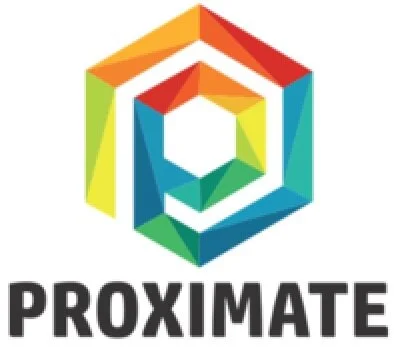Distance > Difference
A popular comment heard after an equity session is “the people who really needed to be here weren’t present ” or a variation, calling out the lack of white people or people who argue that equity work is divisive. Earlier in my career, these comments led to experimentation with various ideas to increase participation, including shifting language from diversity to community engagement, an attempt to rename the work to make it more palatable for white people (*note: this deserves its own blog post).
The challenge that I did not acknowledge is that changing one’s beliefs and identity risks social exclusion. It speaks to one of the fears that prevents people from actively participating in conversations that may cause discomfort. No one wants to say the wrong thing or be called a racist (or -ist/-phobe), so they remain silent or do not show up, actions that perpetuate their privilege. And that behavior leads to the frustrated popular comment.
And most, if not all, people will not risk social isolation…unless there is a new social set for them to join.
The problem is not our differences, but our distance. We need to, as Bryan Stevenson writes, “get proximate.” We need to become friends if we want to change people’s belief because they will need a new set of friends, with whom these conversations are welcomed and encouraged. My best learning experiences have come in groups that support my learning of new knowledge.
All of my closest friendships share one thing in common: food. There is something warming about sharing a meal with someone. Stories are shared. Vulnerability presents itself. Unseen connections are exposed.
Reduce the distance and get closer to the folks that we want to be present. They will need it, if they change their beliefs.

